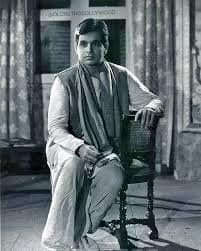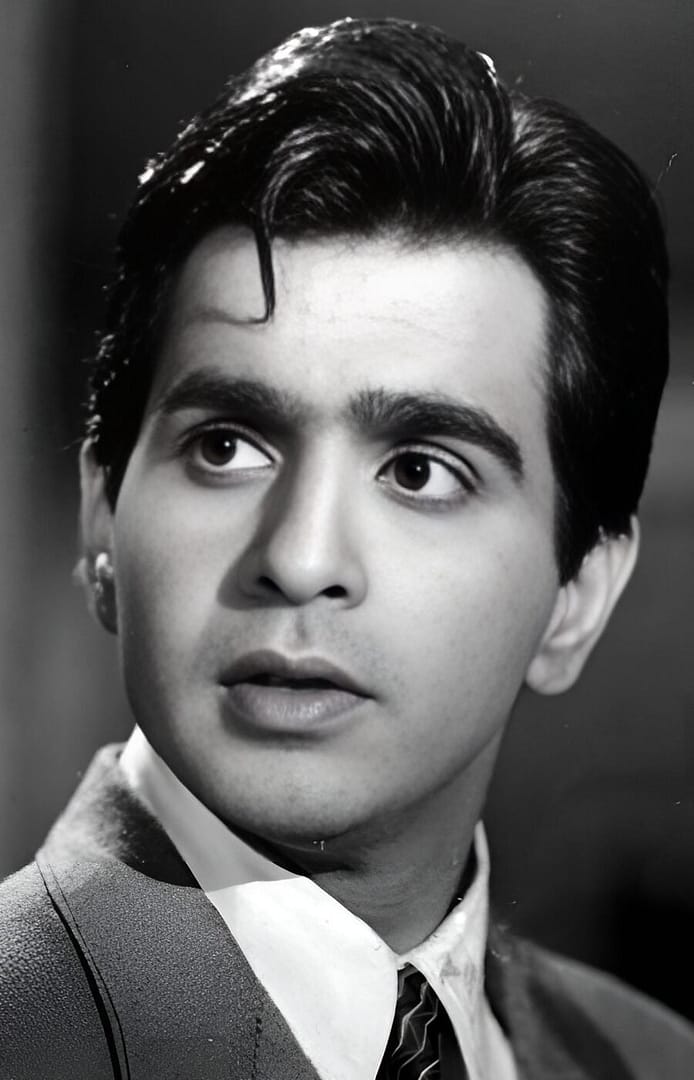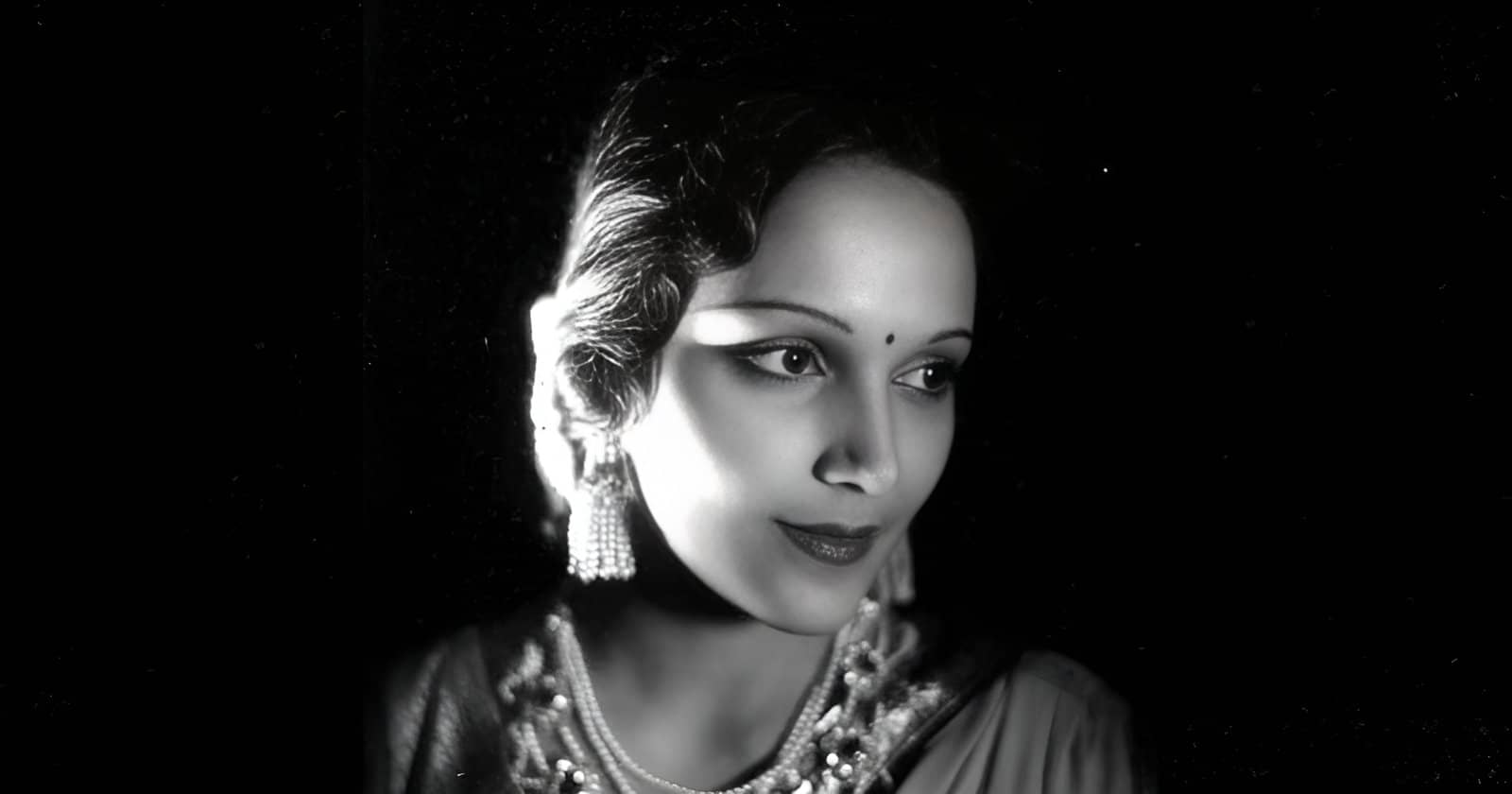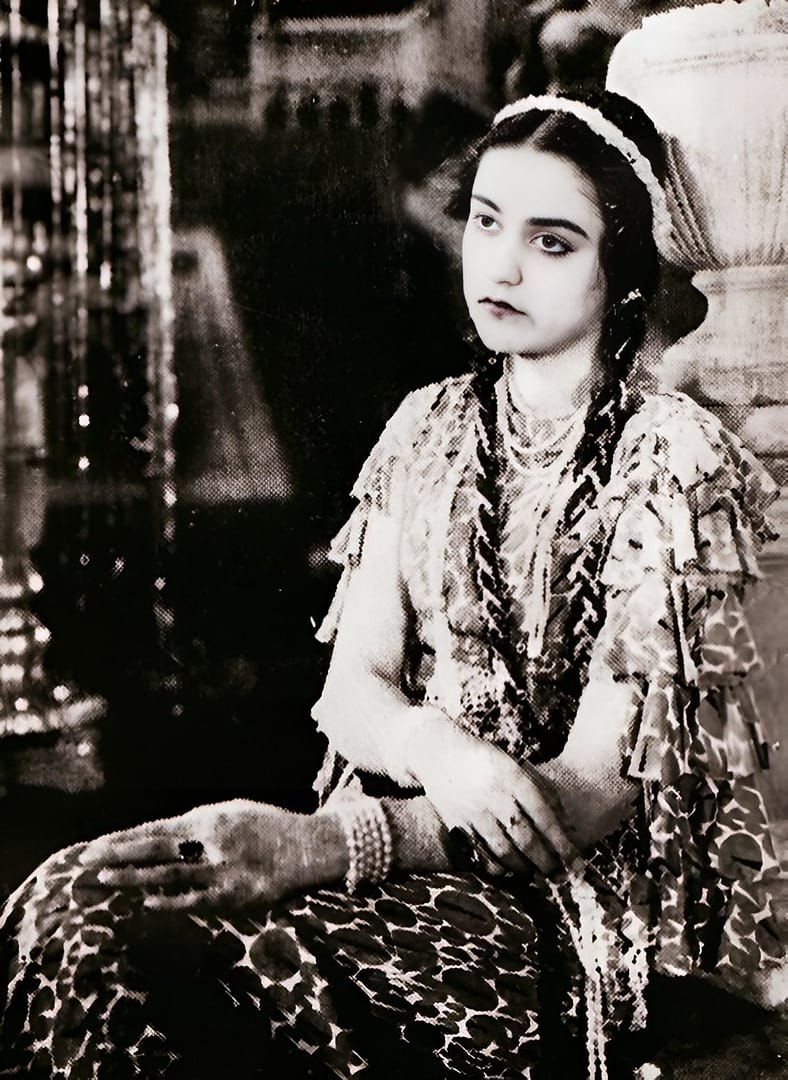Muhammad Yusuf Khan Biography.

Muhammad Yusuf Khan, better known as Dilip Kumar, was one of the most iconic and influential actors in the history of Indian cinema. Known as the “Tragedy King” for his intense portrayals of sorrowful characters, he ruled the silver screen for more than five decades. With a career spanning from the 1940s to the 1990s, Dilip Kumar set benchmarks for acting and left behind a legacy that continues to inspire generations of actors and filmmakers.
Dilip Kumar Early Life and Background
Dilip Kumar was born as Muhammad Yusuf Khan on 11 December 1922 in Peshawar, now in Pakistan. He belonged to a Hindko-speaking Awan family. His father, Lala Ghulam Sarwar Khan, was a fruit merchant who owned orchards in Peshawar and later shifted to Bombay (now Mumbai).
Yusuf Khan had twelve siblings and spent his early years in the rugged hills of Peshawar. The family later migrated to Bombay, where he attended Anjuman Islam School and later pursued higher education at Wilson College.
As a young man, Yusuf was intelligent, soft-spoken, and showed an early interest in literature and language. He was fluent in several languages, including Hindko, Urdu, Hindi, English, and Pashto.
The Path to Stardom
From Yusuf Khan to Dilip Kumar
Yusuf Khan’s entry into films was accidental. During the early 1940s, due to family disputes, he left home and moved to Pune, where he began working at a British army canteen and later started a sandwich stall. It was there that he met Dr. Masani, a member of Bombay Talkies, who introduced him to actress Devika Rani, the owner of the studio.
Impressed by his demeanor and voice, Devika Rani offered him a contract and suggested a screen name. Reluctantly, Yusuf Khan agreed and adopted the name Dilip Kumar — a decision that marked the beginning of a legendary career.
Debut and Rise (1944–1950)
Dilip Kumar made his acting debut with Jwar Bhata (1944), directed by Amiya Chakravarty. The film went unnoticed, but he persisted. His early films like Jugnu (1947), Shaheed (1948), and Mela (1948) gradually brought him into the spotlight.
The turning point came with Andaz (1949), where he starred alongside Raj Kapoor and Nargis. The film was a massive hit and established Dilip Kumar as a romantic lead and dramatic actor.
Golden Era: The Tragedy King (1950s–1960s)
In the 1950s and 60s, Dilip Kumar dominated Hindi cinema with his unmatched acting skills. He became known for his tragic roles, earning the title “Tragedy King.”
Notable Films
- Devdas (1955) – His portrayal of the doomed lover in Bimal Roy’s classic remains one of the finest performances in Indian cinema.
- Madhumati (1958) – A romantic thriller with reincarnation themes, co-starring Vyjayanthimala.
- Aan (1952) – India’s first technicolor film, which gained international fame.
- Daag (1952) – Won his first Filmfare Best Actor Award.
- Naya Daur (1957) – A social drama about industrialization.
- Yahudi (1958) and Paigham (1959) – Films that tackled communal harmony and labor issues.
Acting Style and Impact
Dilip Kumar introduced a naturalistic style of acting, in contrast to the theatrical approach of the time. He internalized emotions, delivered dialogues with restraint, and expressed sorrow with unmatched subtlety. His performances inspired a generation of actors, including Amitabh Bachchan, Shahrukh Khan, and Naseeruddin Shah.
Breaking the Tragic Mold
Concerned about being typecast, Dilip Kumar took on lighter and more diverse roles:
- Kohinoor (1960) – A swashbuckling adventure film that showcased his comedic timing.
- Ram Aur Shyam (1967) – A double-role performance as timid and bold twins, which was a major box-office hit.
This phase displayed his versatility and comic flair, proving he wasn’t just a master of sorrow.
Epic Masterpiece: Mughal-e-Azam (1960)
One of his most iconic roles was that of Prince Salim in K. Asif’s Mughal-e-Azam. Opposite Madhubala, Dilip Kumar portrayed a prince in love with a courtesan. The film became a monumental success and is often considered one of the greatest films in Indian cinema history.
His performance as the intense, rebellious lover elevated the film to legendary status. The dialogues, expressions, and chemistry with Madhubala remain unforgettable.
Personal Life
Madhubala and Tragic Romance
Dilip Kumar’s relationship with Madhubala was one of the most talked-about love stories in Bollywood history. The two fell in love during the making of Tarana (1951) and remained deeply attached for several years.
However, familial opposition and professional disputes (particularly related to the Naya Daur court case) led to their separation. Madhubala died of a heart condition in 1969, and Dilip Kumar reportedly remained deeply affected.
Marriage to Saira Banu
In 1966, at the age of 44, Dilip Kumar married Saira Banu, who was 22 at the time. Despite the age gap, their marriage remained one of Bollywood’s most enduring relationships. Saira stood by him through thick and thin, especially during his health issues later in life.
The couple did not have children, but they shared a bond based on deep love, mutual respect, and devotion.
Later Career and Political Life
Dilip Kumar’s acting slowed down in the 1970s. However, he made a strong comeback with:
- Kranti (1981) – A patriotic epic by Manoj Kumar.
- Shakti (1982) – A powerful drama with Amitabh Bachchan, showcasing the clash between a principled father and rebellious son.
- Karma (1986) and Saudagar (1991) – Both films were critical and commercial successes.
Political Involvement
In 1998, he was nominated to the Rajya Sabha, the upper house of India’s Parliament. During his tenure, he supported various social causes but remained largely apolitical.
Awards and Honors
Dilip Kumar was the most decorated actor of his era, winning numerous awards:
Filmfare Awards
- Best Actor – 8 times (Record holder for many years)
- Lifetime Achievement Award
National and International Honors
- Padma Bhushan (1991)
- Padma Vibhushan (2015)
- Dadasaheb Phalke Award (1994) – India’s highest award in cinema
- Nishan-e-Imtiaz (1998) – Pakistan’s highest civilian award (rare for an Indian)
His contribution to cinema was not just in terms of acting, but also as a symbol of secularism, integrity, and artistic excellence.
Final Years and Legacy
In his final years, Dilip Kumar remained away from the public eye due to deteriorating health. He battled respiratory issues and age-related ailments. On 7 July 2021, he passed away at the age of 98 in Mumbai.
His death marked the end of an era. Tributes poured in from across the globe, with actors, politicians, and fans remembering him as a titan of Indian cinema.
Influence and Legacy
On Acting
Dilip Kumar’s style revolutionized Hindi film acting. He brought depth, realism, and method acting decades before it became popular. Many consider him the first “method actor” in India.
On Indian Cinema
He redefined what it meant to be a star: blending box-office appeal with artistic excellence. He worked with the biggest directors and actors of the time and was instrumental in shaping the golden age of Bollywood.
Mentor to a Generation
Actors like Amitabh Bachchan, Shahrukh Khan, Anil Kapoor, and Naseeruddin Shah have often cited him as a major influence. His humility and dedication to craft remain unmatched.
Conclusion
Muhammad Yusuf Khan, aka Dilip Kumar, was more than just an actor. He was an institution — a guiding light in the evolution of Indian cinema. From his debut in Jwar Bhata to his swan song in Qila (1998), his journey was marked by excellence, dignity, and passion.
His performances still resonate, his dialogues are still quoted, and his legacy lives on through every actor who chooses authenticity over artifice. Dilip Kumar was, and will always be, the soul of Indian cinema.




5 thoughts on “Muhammad Yusuf Khan (Dilip Kumar) Indian Cinema”